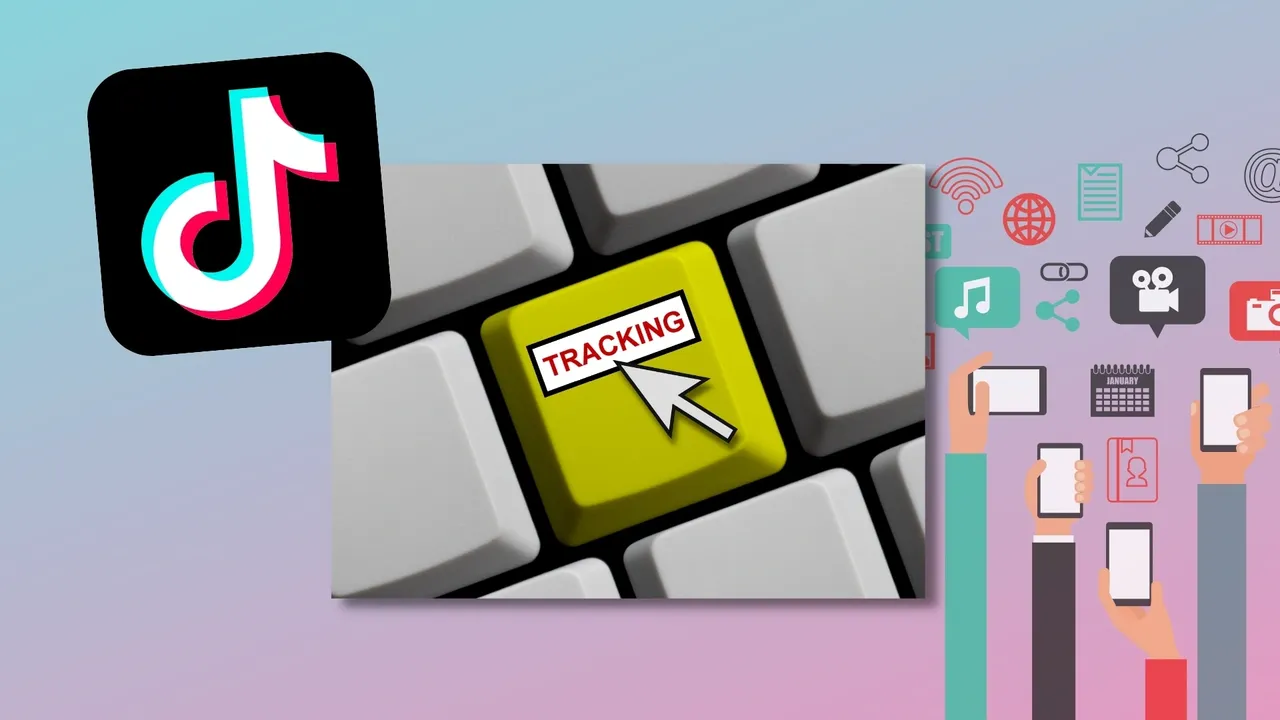With over a billion users and counting – 105 million in North America alone – TikTok has become the centerpiece of cross-generational conversations, pop culture references, general daily use, and more. If looked at from a bird’s-eye-view, it’s not surprising why our dopamine-driven brains have registered accounts in droves. However, TikTok would not be the giant it is today if our primal drivers serve as the only explanation.
Quick-Time
From 2018 to 2020, TikTok’s user base has grown by about 800%. A 2021 Nielsen study even focus on TikTok’s supposed “It Factor”, which was the unique ability to inspire belonging, community, and authenticity – surpassing large tech firms who are frankly looking to rip off its format. True enough, these core characteristics have opened rare opportunities when sharing information, but have also underpinned new problems for various user types – how, and by which comparatives and metrics would they track success when the content itself is quite ‘Ephemeral’.
Tracking success outside of on-platform measures isn’t a new concern, many tech companies have tried solving the dilemma, with a few having partially succeeded.
“Developments in social listening technology have helped users understand how their profile or brand can be first in the digital landscape – the algorithms read captions, analyze user behavior, track performance metrics, and even summarize user sentiment based all tied up in a nice bow that you can actually benefit from.”
Then audio content happened. A statement from Clint Smith, Discord’s Chief Legal Officer reads: “Audio presents a fundamentally different set of challenges for moderation than text-based communication. It’s more ephemeral and it is harder to research and action…”. That being said, apps that now heavily feature audio content – TikTok, Twitter, Clubhouse – have begun researching internal tracking solutions, but the tools for audio content moderation are far behind those used for text-based conversations.
In general, the main issue regarding audio content moderation is that no system was designed to specifically perform said task, at least not in a way that’s as polished and defined as found in systems that monitor traditional, text-based interactions. The complexity of tracking audio and detecting true violations is more complex, as exemplified in this statement by Reuters: “Twitter keeps Spaces audio for 30 days or longer if there is an incident, Clubhouse says it deletes its recording if a live session ends without an immediate user report, and Discord does not record at all.”
While your traditional content moderator/social media administrator position and its associated skills can be learned and are assisted by various local app tools, the job market is wide open for the position, but for audio content moderation. Even if platforms manage to create more monitoring parameters internally, users and brands still have to take it upon themselves to keep watch of their own content. So for those wanting to moderate audio content, keep in mind these three (3) major concerns:
- Audio content is naturally more ephemeral than written content. You can transcribe it, but the result often lacks finer details, which are left to your imagination.
- Few companies and tech firms offer APIs specifically for audio social on new apps like TikTok and Discord. Most that are available are still within the beta phase.
- Manual tracking can be performed, but it’s way too costly and resource-intensive.
The Wrap
These overall symptoms of audio content are likely to increase in impact as platforms like TikTok continue to evolve and grow. Despite the apparent setbacks, it’s important to remember that audio is superior in its ability to connect to and with an audience. Podcasts started roughly 20 years ago and now billions engage with and enjoy them. There’s a reason why people keep coming back to TikTok and other platforms that put the spotlight on audio, but that may not be a bad thing after all.
Subscribe to our ‘Bottoms Up!’ Newsletter. Get the latest social media blogs about news, updates, trends, and effective social media strategies to take your business to the highest level from Tristan Ahumada and Jeff Pfitzer.
Sources

